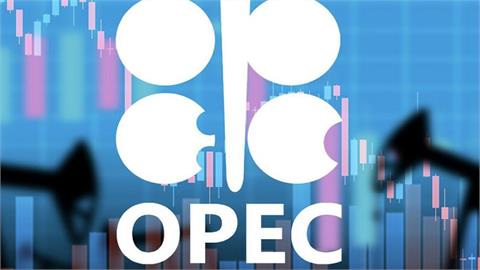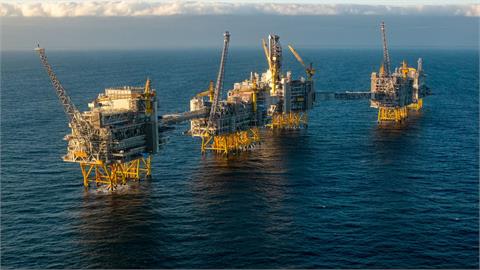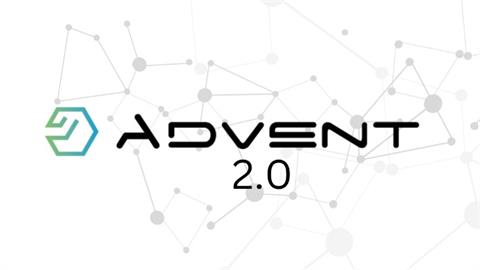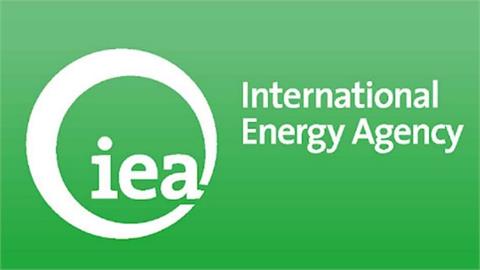Russian President Vladimir Putin proposed a meeting with Hungary’s Prime Minister Viktor Orbán, daily newspaperNépszabadság reported on Tuesday. Citing source close to the government, the daily suggests this makes part of Russia’s campaign to curb the solid front against European sanctions.
The meeting is expected to take place in February, 17th. The Hungarian daily cites government sources suggesting that the meeting is to take place on Russia’s initiative. But,Hungary is criticized for remaining committed to a special relationship with Moscow, particularly in the energy and defense procurement sectors. Crimea, in this respect, has made no difference.
Prime Minister Orbán did not break ranks and recently voted for the renewal of EU’s sanctions against Russia, but did note in 2014 that Europe "shot itself in the foot” because the sanctions were more likely to hurt Europe’s exports than Russia. While Russia seeks new allies to curb sanctions against its economy, Hungary will seek an exemption from Russia’s "black list” according to local media reports.
Besides Russia supplying over 80% of Hungary’s natural gas, Budapest has been negotiating two major contracts with Moscow: first, the €12,5bn-contract for the expansion of the Paks II Nuclear Power Plant, awarded in 2014 to Rosatom. Of the€12,5bn, €10bn are provided by Russia’s development bank; secondly, the procurement of 30 helicopters at an estimated cost of €450 million (HUF 142 billion).
There are rumors that Moscow may seek bigger Hungarian participation in financing the nuclear power plant, as Russia’s state development bank (Vneshekonombank) is grappling with financial difficulties and will need to be recapitalized at a cost of no less than $18bn (€16,4bn) in 2016. Moreover, the PaksII project is stumbling against a European Commission probethat questions whether the contract awarded to Rosatom complies with EU competition and state aid rules.The importance of the project however as such is not minor. When the decision for the probe was taken in November, EU Competition Commissioner Margrethe Vestager said that "Given the size and importance of the Paks project, the Commission has to carefully assess whether Hungary’s investment is indeed on market terms or whether it involves state aid. This requires a complex analysis. I think it is important that stakeholders can also submit their views.”
Nonetheless, on Saturday, January 15th, Hungary’s cabinet chief, Janos Lazar, insisted that despite the probe, PaksII remains on track.Asked by New Europe, the European Commission did not comment on Lazar’s statement, but reaffirmed that the investigation is still underway:
"The Commission’s investigation is ongoing. We cannot prejudge its
outcome at this stage. The non-confidential version of the decision to
open an investigation was published on 12 January in the Commission’s
Official Journal, and interested third parties now have one month to
submit their comments,” said Ricardo Cardoso, European Commission Spokesperson for Competition.
http://neurope.eu/article/budapest-defies-brussels-and-goes-to-moscow/



